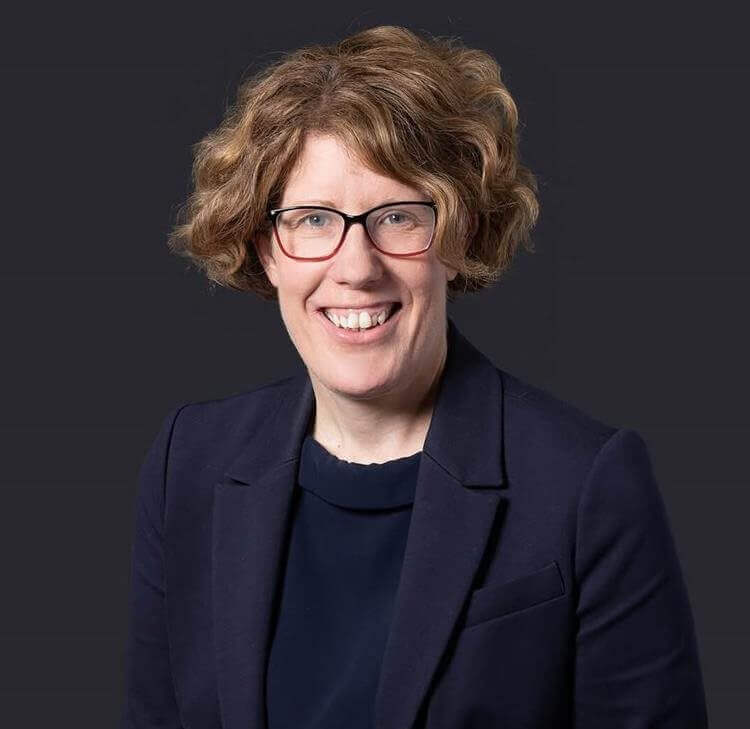Figures from the Office for National Statistics (ONS) project a significant increase in the number of young people on the cusp of working age in Britain.
While wider population metrics illustrate a decline in young people, the 10-14 age bracket in 2023 represented an increase of almost 140,000 people compared to the 15-19 category.
This represents an opportunity for care providers if it can attract and retain young people into the sector, sustaining tomorrow’s workforce.
Concurrently, research by the King's Fund has highlighted a critical issue: “Social care has a problem with young people,” with only 8% of the social care workforce comprising 18 to 24-year-olds.
This demographic challenge raises the question: “What are providers currently doing to tap into this potential talent pool to address workforce shortages?”
Challenges
The roundtable discussion brought to light several challenges in attracting and retaining young people in the social care sector. A care leader involved in the Kings Fund report noted that very few young people wanted to engage in this research.
Other participants identified additional barriers:
- A perceived lack of support from parents, with the view that “parents are not supportive of young people's desire to join the care sector.”
- A communication gap in the sector, as highlighted by another participant: “Social care does not communicate how good the job feels and the opportunity it provides to support people’s lives.”
- Misconceptions about the sector, with NHS senior leaders pointing out that the “younger generation’s understanding of what a hospital is versus what actually happens is massively miles apart.”
These insights suggest the sector struggles to communicate what social care encompasses to meet young people where they are and effectively communicate the diverse and rewarding nature of roles and organisations across the care sector.
Recommendations
To address these challenges, the following strategies are recommended, supported by insights from the discussion:
- Enhance visibility and understanding of the sector: Creating engaging, visual content that outlines the various career paths in social care could bridge the understanding gap.
“We need to make something visual and tangible about the different roles.”
- Collaboration with educational institutions: Working with local schools and colleges to highlight the features and benefits of working in care could inspire interest among young people. This could involve talks, workshops and interactive sessions that bring the realities of social care to life.
- Promote a healthier work-life balance: Understanding the younger generation's expectations regarding work-life balance is crucial. Implementing flexible working hours and ensuring young employees’ shift patterns do not infringe too strongly on their personal lives – such as by making last-minute changes to shifts – could make the sector more attractive.
- Expand work experience opportunities: Expanding and promoting these diverse work experience opportunities can help young people see the breadth of roles available and the impact they can have in various capacities within the sector.
“There is an array of opportunities for young people – they can gain work experience in the gardens, physiotherapy, IT or reception, for example”
- Extend understanding: Recognise that young people have been operating in a digital word throughout their education and in their private lives. Organisations that embrace the digital transformation of care services, where technology is integrated into caring roles, will resonate with young people and possibly fill a gap in the workforce of those who have not yet embraced technology.
“We need to be compassionate to young people, allow them to grow in maturity and meet them in their emotional understanding. This is how they will properly develop and become good in social care roles.”
By implementing these recommendations, care providers can optimise this opportunity to better attract and retain young talent and future proof their workforce.
“To attract amazing, we have to be amazing."
Contact

Laura Chinyere-Ezeh
HR Consultant
laura.chinyere-ezeh@brownejacobson.com
+44 (0)330 045 1104




































